Princeton Monographs in Philosophy23
Harry G. Frankfurt, Series Editor
Short, argument-driven books by leading philosophers.
-
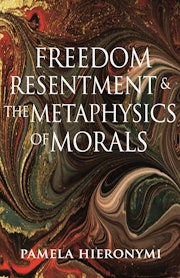
An innovative reassessment of philosopher P. F. Strawson’s influential “Freedom and Resentment”
-

Taking Wittgenstein at His Word is an experiment in reading organized around a central question: What kind of interpretation of Wittgenstein's later philosophy emerges if we adhere strictly to his claims that he is not in the business...
-
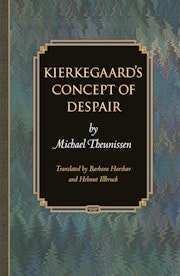
The literature on Kierkegaard is often content to paraphrase. By contrast, Michael Theunissen articulates one of Kierkegaard's central ideas, his theory of despair, in a detailed and comprehensible manner and confronts it with...
-
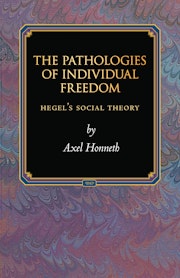
This is a penetrating reinterpretation and defense of Hegel's social theory as an alternative to reigning liberal notions of social justice. The eminent German philosopher Axel Honneth rereads Hegel's Philosophy of Right to show how it...
-
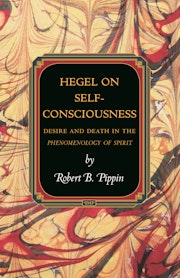
In the most influential chapter of his most important philosophical work, the Phenomenology of Spirit, Hegel makes the central and disarming assertions that "self-consciousness is desire itself" and that it attains its "satisfaction"...
-
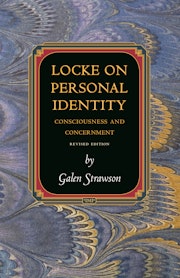
John Locke's theory of personal identity underlies all modern discussion of the nature of persons and selves—yet it is widely thought to be wrong. In this book, Galen Strawson argues that in fact it is Locke’s critics who are wrong...
-
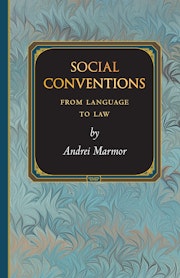
Social conventions are those arbitrary rules and norms governing the countless behaviors all of us engage in every day without necessarily thinking about them, from shaking hands when greeting someone to driving on the right side of the...
-
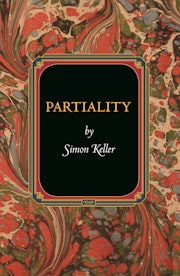
We are partial to people with whom we share special relationships--if someone is your child, parent, or friend, you wouldn't treat them as you would a stranger. But is partiality justified, and if so, why? Partiality presents a theory...
-
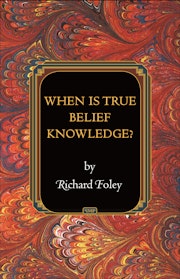
A woman glances at a broken clock and comes to believe it is a quarter past seven. Yet, despite the broken clock, it really does happen to be a quarter past seven. Her belief is true, but it isn't knowledge. This is a classic...
-
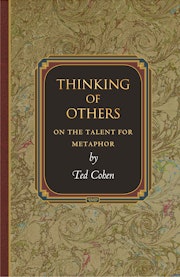
In Thinking of Others, Ted Cohen argues that the ability to imagine oneself as another person is an indispensable human capacity--as essential to moral awareness as it is to literary appreciation--and that this talent for identification...
-
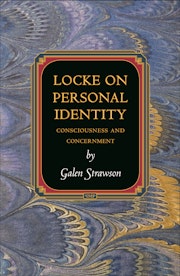
John Locke's theory of personal identity underlies all modern discussion of the nature of persons and selves--yet it is widely thought to be wrong. In his new book, Galen Strawson argues that in fact it is Locke's critics who are wrong...
-
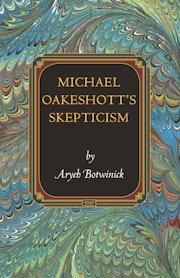
The English philosopher Michael Oakeshott (1901-1990) is known as a conservative who rejected philosophically ambitious rationalism and the grand political ideologies of the twentieth century on the grounds that no human ideas have...
-
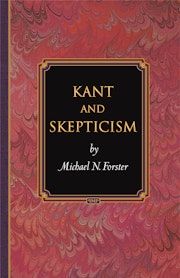
This book puts forward a much-needed reappraisal of Immanuel Kant's conception of and response to skepticism, as set forth principally in the Critique of Pure Reason. It is widely recognized that Kant's theoretical philosophy aims to...
-
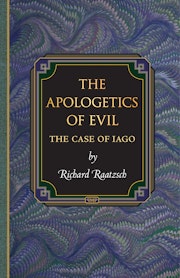
This book is a concise philosophical meditation on Iago and the nature of evil, through the exploration of the enduring puzzle found in Shakespeare's Othello. What drives Iago to orchestrate Othello's downfall? Instead of treating...
-
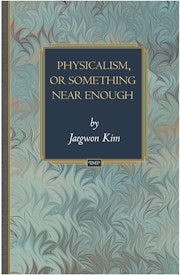
Contemporary discussions in philosophy of mind have largely been shaped by physicalism, the doctrine that all phenomena are ultimately physical. Here, Jaegwon Kim presents the most comprehensive and systematic presentation yet of his...
-
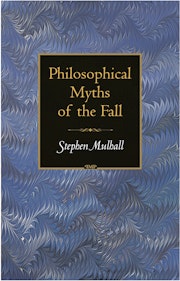
Did post-Enlightenment philosophers reject the idea of original sin and hence the view that life is a quest for redemption from it? In Philosophical Myths of the Fall, Stephen Mulhall identifies and evaluates a surprising...
-

The great logician Gottlob Frege attempted to provide a purely logical foundation for mathematics. His system collapsed when Bertrand Russell discovered a contradiction in it. Thereafter, mathematicians and logicians, beginning with...
-
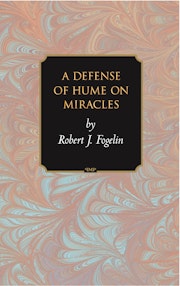
Since its publication in the mid-eighteenth century, Hume's discussion of miracles has been the target of severe and often ill-tempered attacks. In this book, one of our leading historians of philosophy offers a systematic response to...
-
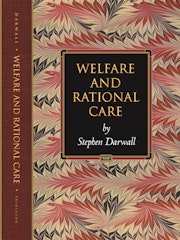
What kind of life best ensures human welfare? Since the ancient Greeks, this question has been as central to ethical philosophy as to ordinary reflection. But what exactly is welfare? This question has suffered from relative neglect....
-

Much political thinking today, particularly that influenced by liberalism, assumes a clear distinction between the public and the private, and holds that the correct understanding of this should weigh heavily in our attitude to human...
-
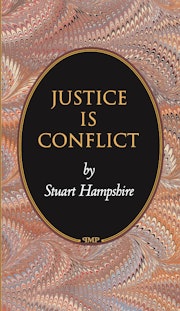
This book, which inaugurates the Princeton Monographs in Philosophy series, starts from Plato's analogy in the Republic between conflict in the soul and conflict in the city. Plato's solution required reason to impose agreement and...
-
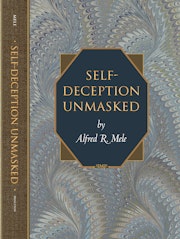
Self-deception raises complex questions about the nature of belief and the structure of the human mind. In this book, Alfred Mele addresses four of the most critical of these questions: What is it to deceive oneself? How do we deceive...
-

This is the first comprehensive interpretation of John Locke's solution to one of philosophy's most enduring problems: free will and the nature of human agency. Many assume that Locke defines freedom as merely the dependency of conduct...